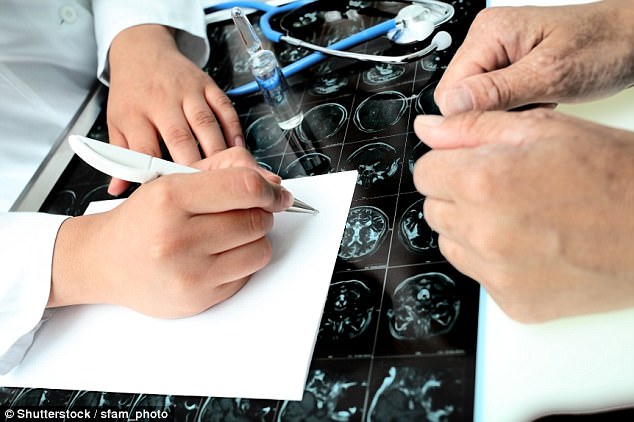Should eggs be prescribed for diabetes and dementia?
02/08/2019 / By Russel Davis

An analysis published in the June issue of the journal Complete Nutrition showed that eggs may actually help improve a host of adverse conditions including diabetes, dementia, and even stroke. The results were a far cry from decades-long warnings of potential health woes associated with egg consumption.
“In recent years, eggs have found favour with health professionals both in the UK and USA when out-of-date advice to restrict egg consumption due to fears about cholesterol was finally overturned. Scientific studies have since proven that dietary cholesterol, such as prawns or eggs, has no meaningful impact on blood cholesterol nor risk of heart disease. The evidence is pointing to a specific role for eggs in health, as nature’s very own multivitamin This may mean that health professionals could be justified in actively promoting the consumption of eggs. As recent government data show, eggs are a veritable natural pharmacy of vitamins, minerals, fatty acids and protein, putting them on a par with most of today’s superfoods,” Scotland-based nutritionist Dr. Carrie Ruxton said.
According to the analysis, eggs contain high protein levels and a complete range of amino acids that were found to influence hunger and satiety. The protein and amino acid content in eggs were also known to regulate appetite hormone, researchers said. The balance of protein and amino acids in eggs make the food especially viable for weight loss, the researchers added. According to the researchers, this may explain why high-egg diets were found improve the overall health of patients with Type-2 diabetes. Data from controlled eating trials also revealed that egg consumption helped improve blood pressure and cholesterol levels in these patients.
The analysis also found that egg consumption may also contribute to improved brain and cognitive function in old age. Data from an observational study of nearly 2,500 dementia-free, middle-aged men revealed that egg consumption was positively associated with enhanced executive functioning. According to the researchers, eggs are essential source in choline, an important component of drugs used to address cognitive disturbances in the elderly population. In addition, egg consumption was associated with a 12 percent decrease in the number of strokes among middle-aged men.
The review was funded by the British Egg Industry Council.
Studies demonstrate egg’s anti-diabetes, memory-boosting properties
A large number of studies have previously shown that eating eggs may improve brain health and reduce the risk of developing Type-2 diabetes.
A Finnish study published in the American Journal of Clinical Nutrition revealed that eating eggs may significantly reduce the risk of Type-2 diabetes. To carry out the study, a team of researchers at the University of Eastern Finland examined the eating habits of more than 2,300 middle-aged men and found that who ate about four eggs a week had a 38 percent reduced likelihood of developing Type-2 diabetes compared with those who rarely or never consumed eggs. Participants who had regular egg intake also showed lower blood sugar levels, but did not exhibit a steep increase in cholesterol rates.
A long-term study also revealed that eating eggs may help bolster memory. As part of the research, health experts at the Boston University School of Medicine conducted a 10-year study on 1,400 adults. The research team found that people who ate foods high in choline such as eggs and chicken performed better in memory tests compared with their non-consuming counterparts. The study also revealed that people who ate choline-rich foods had lower odds of developing brain changes related to dementia than those who had lower choline levels. However, the researchers stressed that no nutrient may serve as a magic bullet against the onset of dementia.
Sources include:
Tagged Under: anti-diabetes, brain function, dementia, diabetes, eggs, food as medicine, food cures, memory, memory boosters, prevention, Type 2 Diabetes



















